Monthly Interview
Ningxia, abundant with natural resources and full of confidence in the potential of the Chinese wine market, is charting an ambitious course for its wine industry, and the government is there ready to help.
The man tasked with unleashing the region’s potential - special consultant and former vice-chairman of the local government, Hao Linhai, spoke to DecanterChina.com about Ningxia’s ambitious plan and its place in a booming wine industry in an exclusive interview.
There is increasing consensus in the wine industry that Ningxia is the place to go for top-quality Chinese wines, as producers from the region have gained increased international recognition in recent years.
The government is now ready to extend the success from a few to many, and has stated its intention to plant 1 million mu (67,000 hectares) of vineyards, building a total of 100 estates in the region by the year of 2020, its website says.
Some industry commentators are worried that the ambitious plan is ‘too much too soon’, due in part to the general lack of water in the infertile area, and the general slowing down of the growth in the Chinese wine market.
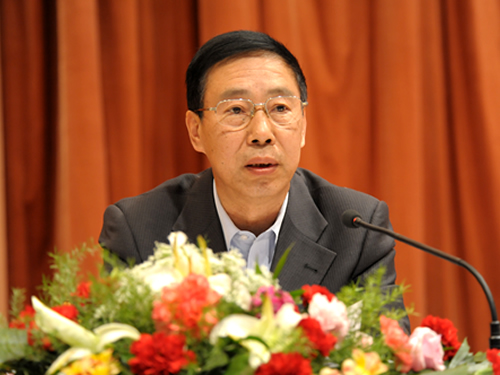
in charge of the development of the region’s wine industry
‘I think these worries are due to a lack of understanding of Ningxia,’ Mr Hao Linhai, special government consultant in charge of the development of the region’s wine industry and former vice-chairman of Ningxia Hui Autonomous Region government, told DecanterChina.com this week.
‘The natural conditions of Ningxia, including water, land and the generic environment are by no means restricting factors for the development of the local wine industry,’ he said.
‘On the contrary, they give the region many advantages that other regions don’t have.'
‘The ten-of-thousands of hectares of vineyards set to be planted in the Helan Mountain East appellation will be mainly situated on deserted, gravel-covered slopes, which are suitable for vines but not for most other common crops,’ Mr Hao explained, ‘which means that vineyards won’t take up the limited arable land in the area. ’
With large day-and-night temperature variation, low level of rainfall, plus a ‘controllable’ water supply from the Yellow River, Mr Hao said the region has a special mix of ‘vine growing-friendly conditions that rarely co-exist in one region’.
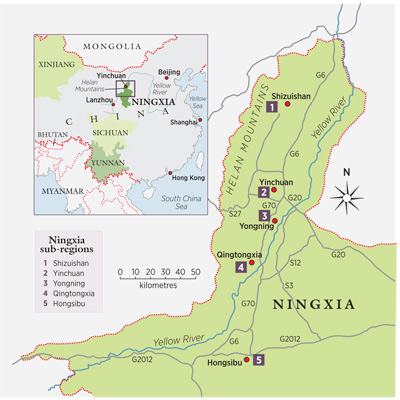
As for questions over the supply-consumption balance, there is ‘nothing to be worried about,’ Mr Hao said confidently. ‘The Chinese market is massive, and there are more and more young people getting into wine.’
‘What worries me,’ he said, ‘is that there are too few high-quality vineyards in China, and too few estate-produced wines for consumers to choose from.’
This places Ningxia firmly in an important spotlight for growth and expansion; not just for wine quality and production standards, but equally for stable economic prosperity in the region.
‘[Compared to other provinces,] the wine industry occupies the most important position in the economic development of Ningxia,’ said DecanterChina.com columnist Li Demei, who also works as a wine industry consultant to the Ningxia government.
Such is the importance of its wine industry, that Ningxia was the first in China to establish a provincial ‘Wine Bureau’, which specialise in the development of the grape and wine industry.
The Wine Bureau works as the wine arm of the government, which ‘carries out development plans, establishes industry policies and standards, and coordinates among growers, producers and distributors,’ Mr Hao said. The comparatively young official body faces plenty of pressure and challenges as it tries to ‘break out from the traditional industry structure’, the official admitted, but the region should take comfort in the knowledge that government ‘has got its back’.
Ningxia has been a pioneer in the wine producing regions in China in many aspects. Alongside its wide-spread ‘estate wine’ concept, which encourages wineries to plant their own grapes and make quality wines using their own harvest, its decision to apply the very first classification system in China at the end of 2013 triggered a heated debate in the domestic wine trade.
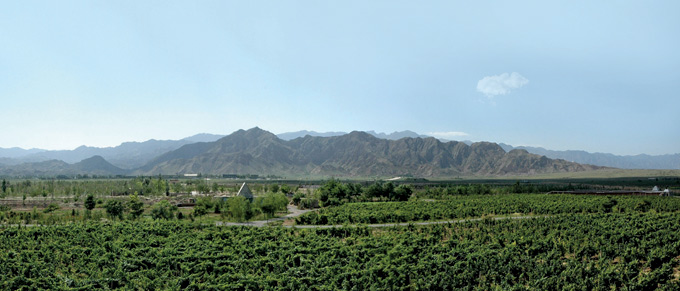
‘Indeed we have referred to the French appellation system when establishing our own classification system, but more importantly we try to make it suitable for the reality of China,’ Mr Hao explained.
‘Our classification system is stricter than the French system, and works rather as guidance for development.’ The idea behind it was to change the current situation of the wine industry in China, which tended to ‘industrialise wine production’ and generate ‘massive amount of low-quality wines’, Mr Hao said.
‘We want our wines to reflect the landscape of its origin, and become multi-faceted, elegant and genuine,’ he added.
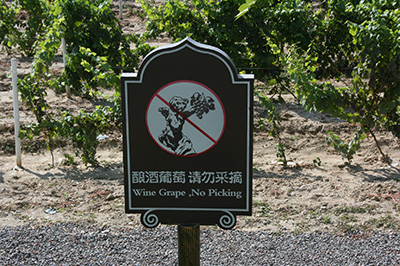
As well as for making wines, wine estates in Ningxia are also expected to be tourist-friendly, and this is reflected and rewarded in the criteria of the local classification system.
In the meantime, the government has been focussing efforts on the infrastructural construction of the region, including water and electricity supply, road building, and environmental protection, so as to ‘encourage the fusion of tourism and wine industry.’
‘The beauty of Ningxia wine tourism,’ Mr Hao concluded, ‘lies in the nomadic and agrarian cultures of north-west China, which can be found in a glass of wine, and the varied wine estates at the foot of the Helan Mountain.’
And he should know. A home wine-making enthusiast since 2007, Hao Linhai produces a hundred bottles of his own wine every year. He even uses his own water colour paintings or memorable photos on the labels, and has given out many bottles to friends.
‘But I proudly store them in my cellar among fine wines from the Helan Mountain East region,’ he said, ‘and alongside other fine wines from around the world. ’
All rights reserved by Future plc. No part of this publication may be reproduced, distributed or transmitted in any form or by any means without the prior written permission of Decanter.
Only Official Media Partners (see About us) of DecanterChina.com may republish part of the content from the site without prior permission under strict Terms & Conditions. Contact china@decanter.com to learn about how to become an Official Media Partner of DecanterChina.com.

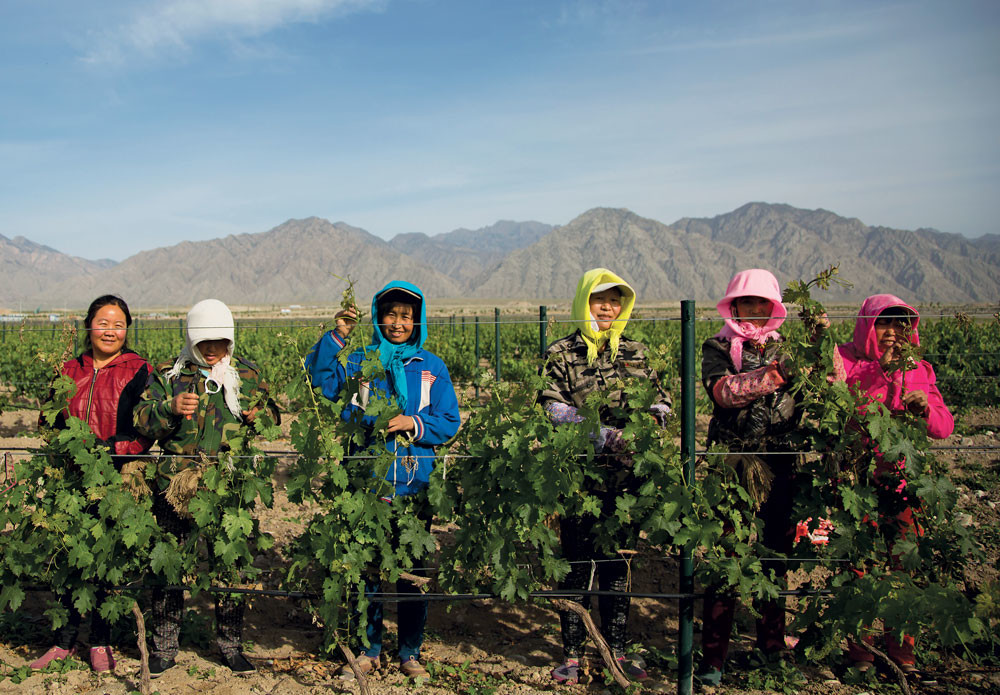
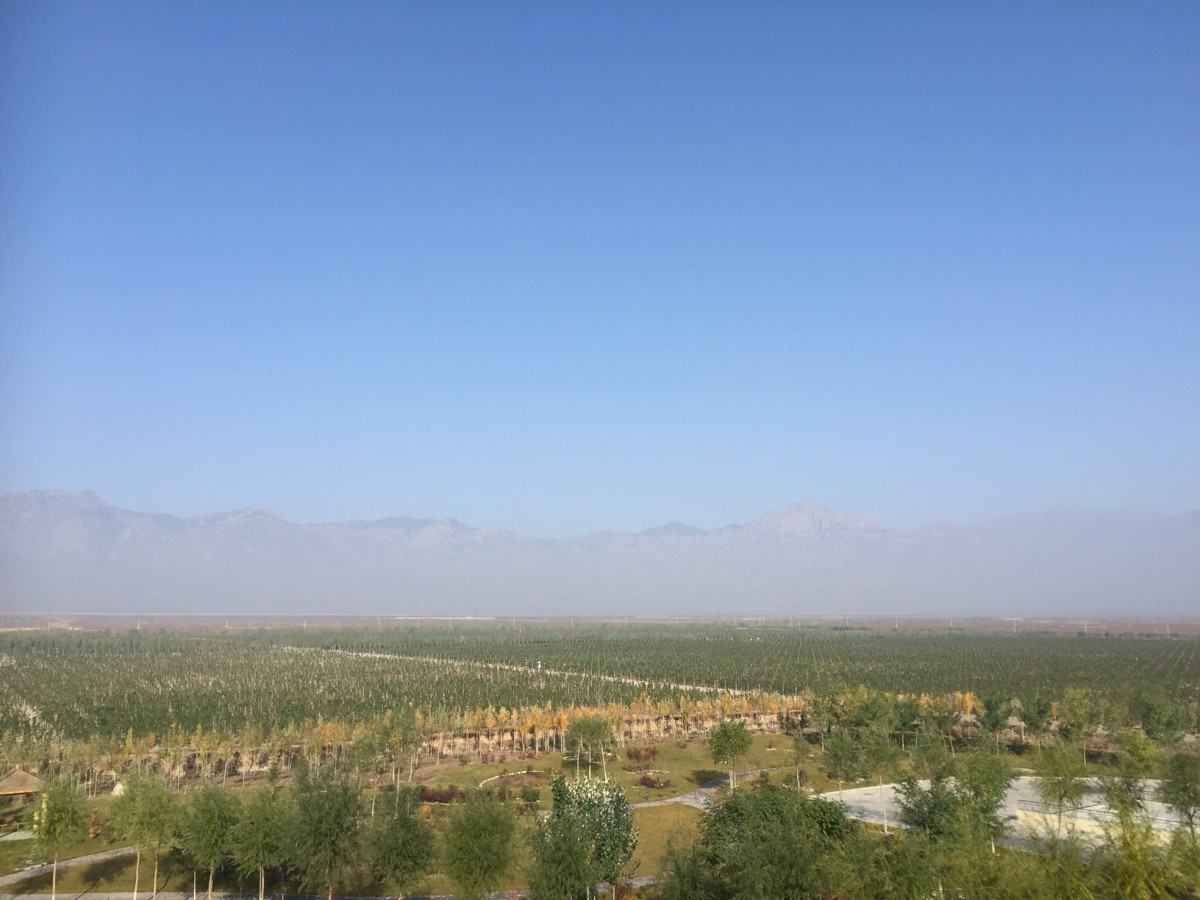
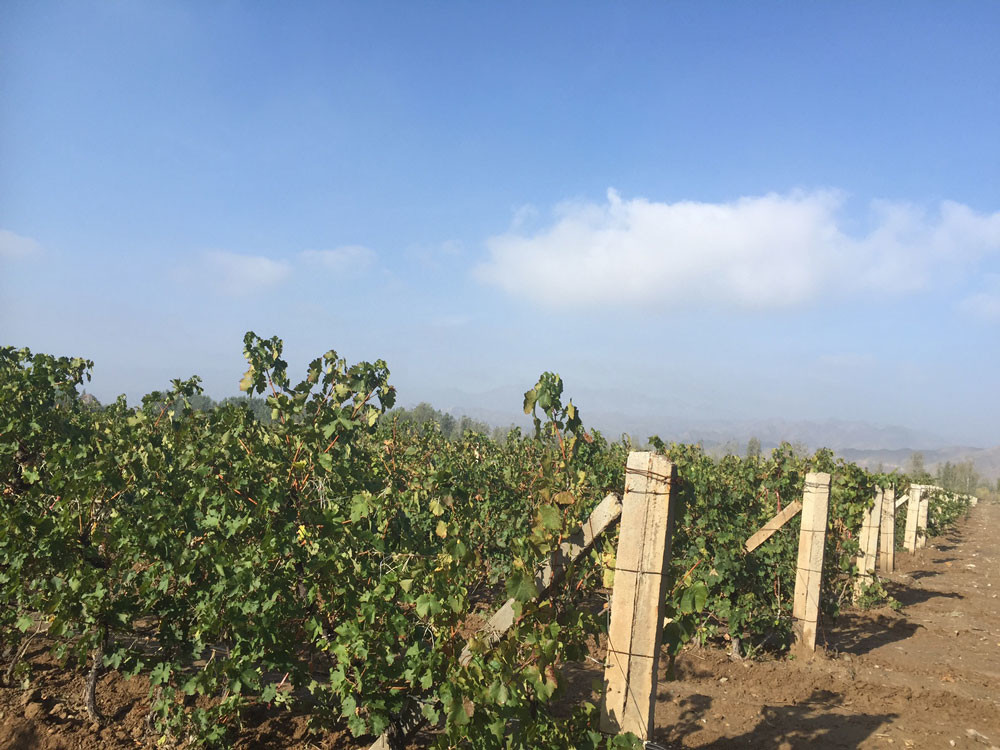
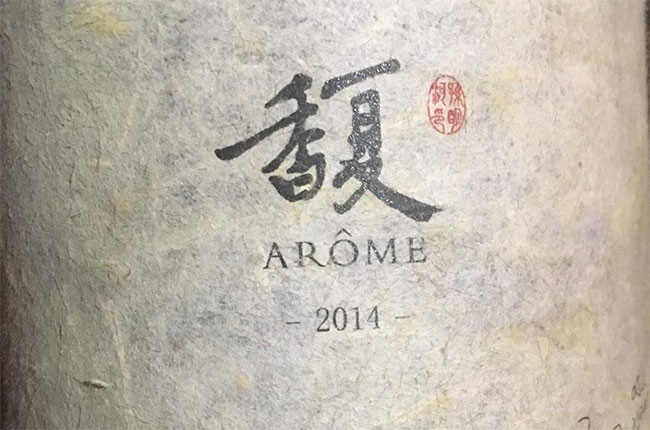
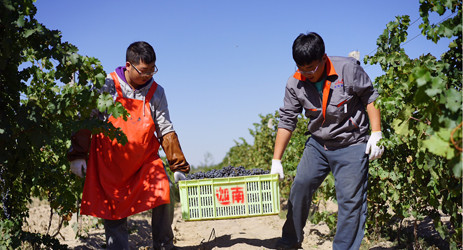
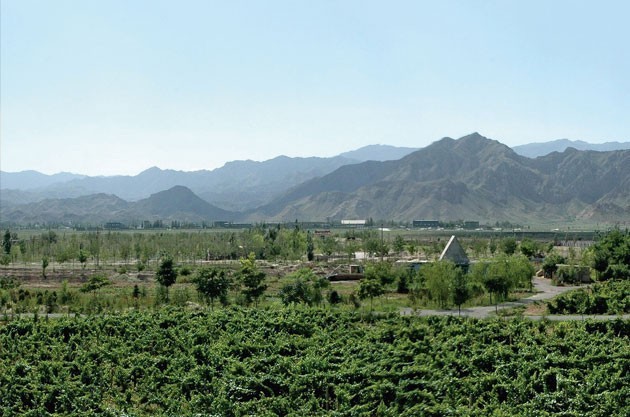
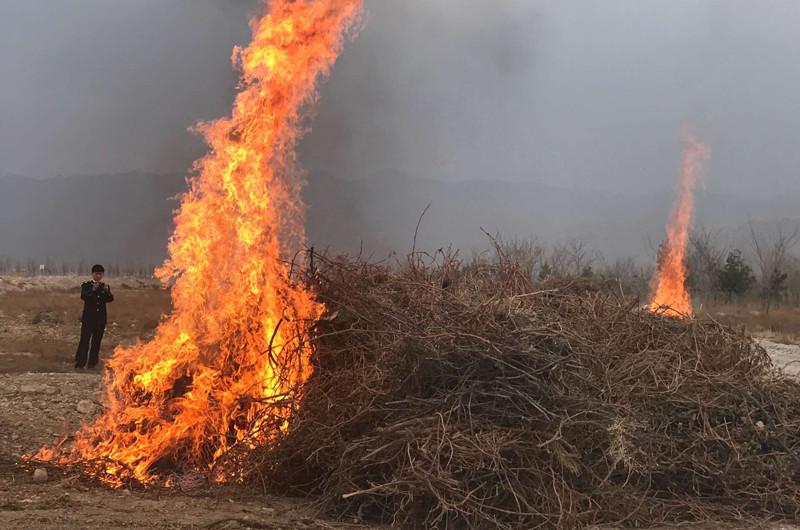
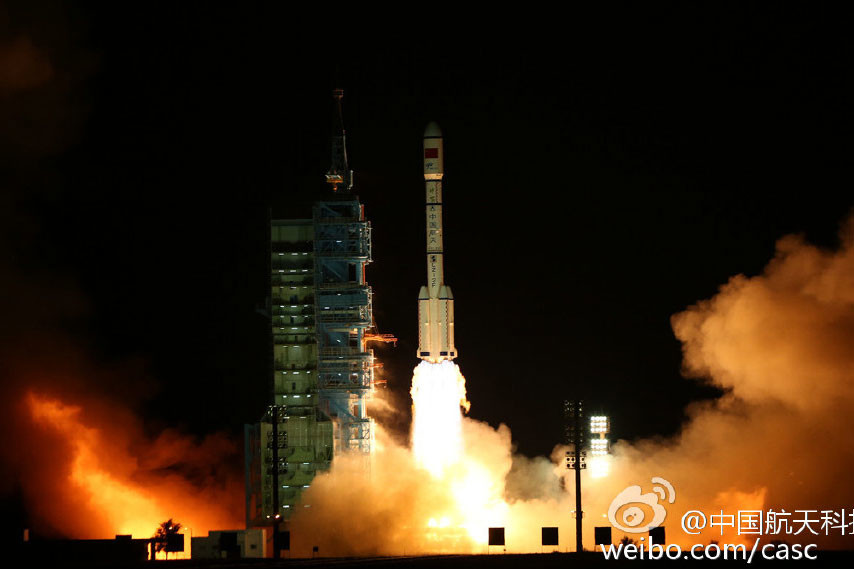
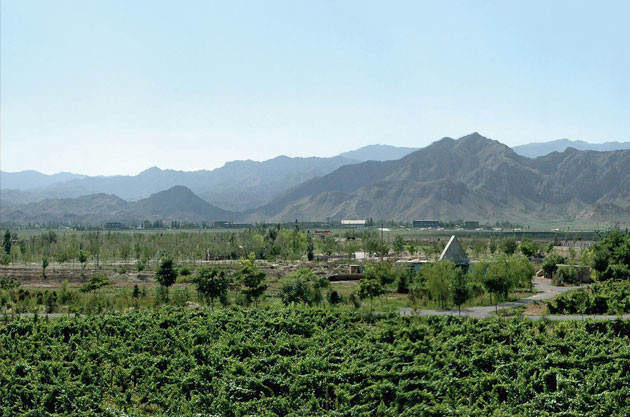
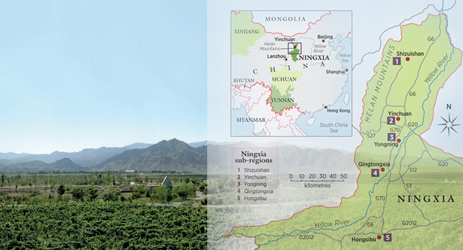
Comments
Submit